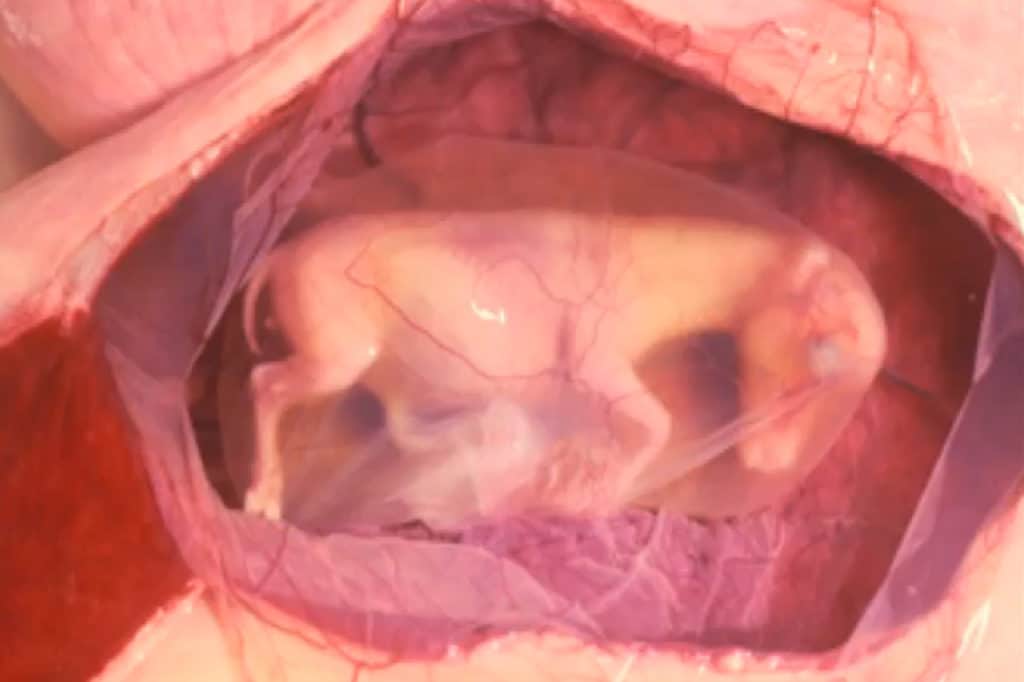
Equine Fetal Life/Placenta
Dr. Donald Schlafer of Cornell University discusses the equine fetus and placenta.

Dr. Donald Schlafer of Cornell University discusses the equine fetus and placenta.
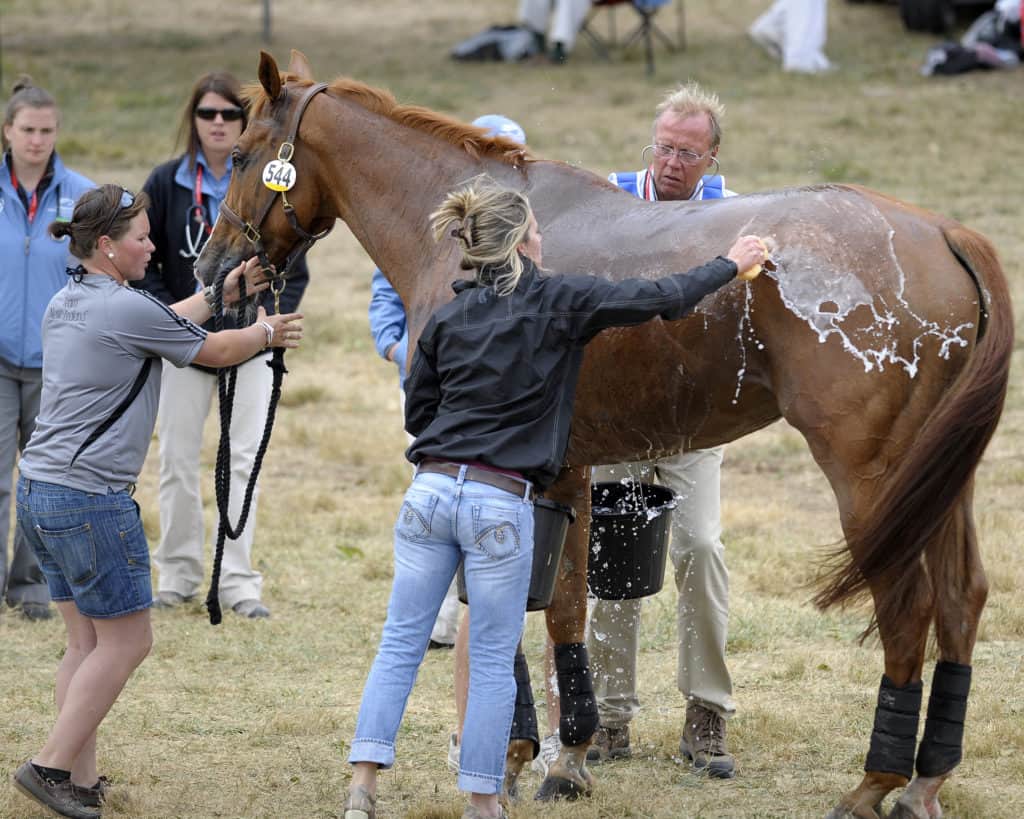
Health considerations of the Australian endurance team horses that recently traveled to central Kentucky for the World Equestrian Games.

Practical explanation of laminitis, diagnostic imaging, interpretation, and treatment principles.
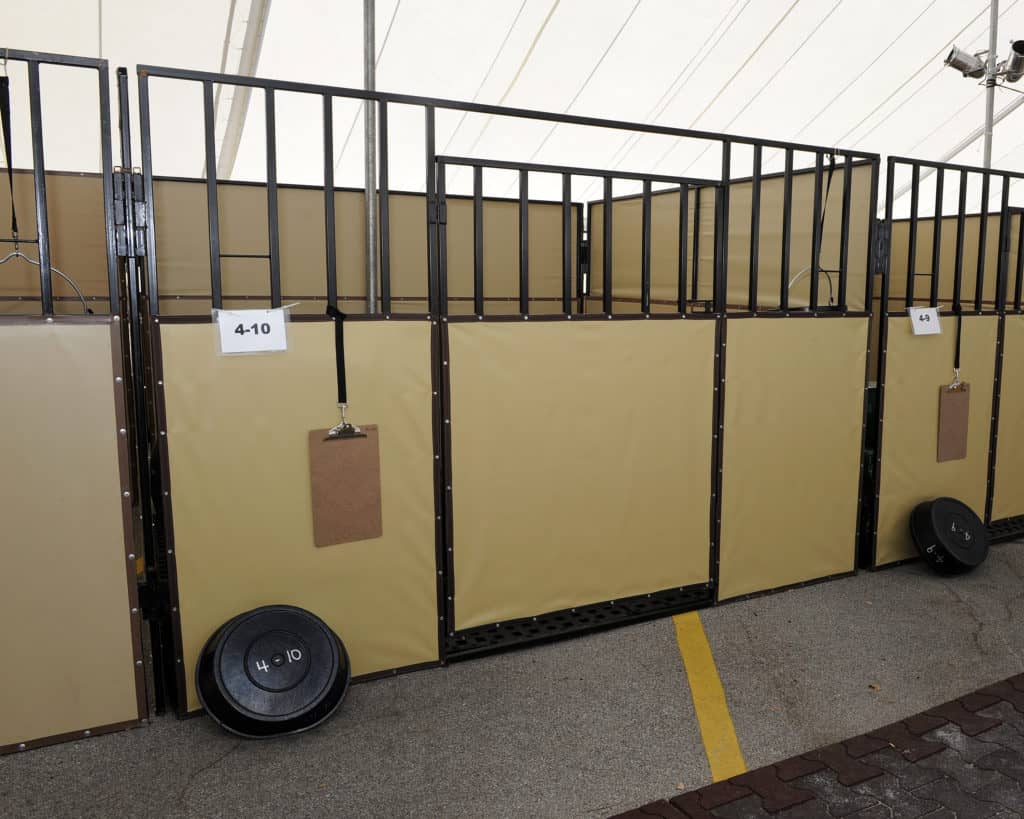
Learn how the United States is safeguarding its horse population against foreign diseases with quarantine protocols for World Equestrian Games equine athletes.
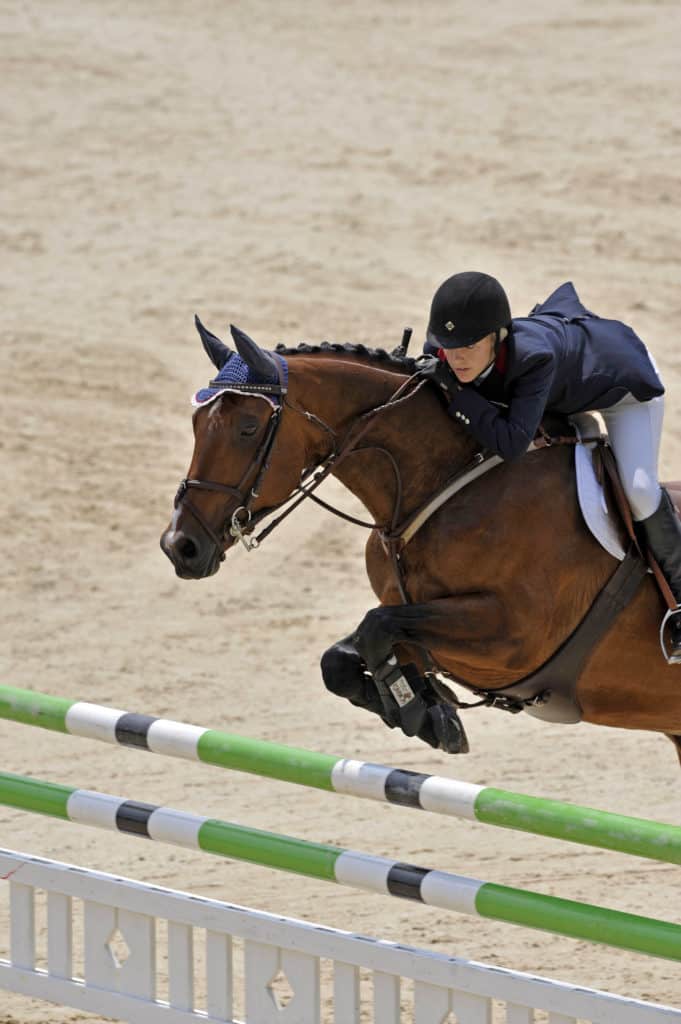
What makes the Alltech FEI World Equestrian Games “bigger and better” from a horse care/management standpoint?
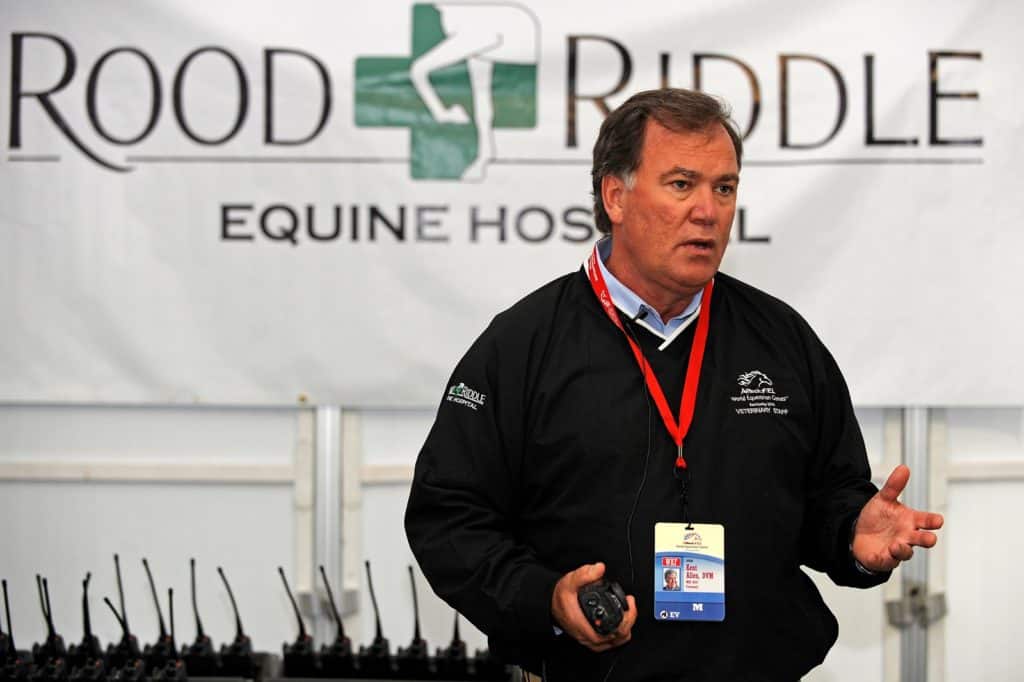
Dr. Nathan Slovis describes how equine health issues will be handled during the World Equestrian Games.

Learn about the structure and function of your horse’s forelimbs with Dr. Roberta Dwyer of the University of Kentucky’s Gluck Equine Research Center.
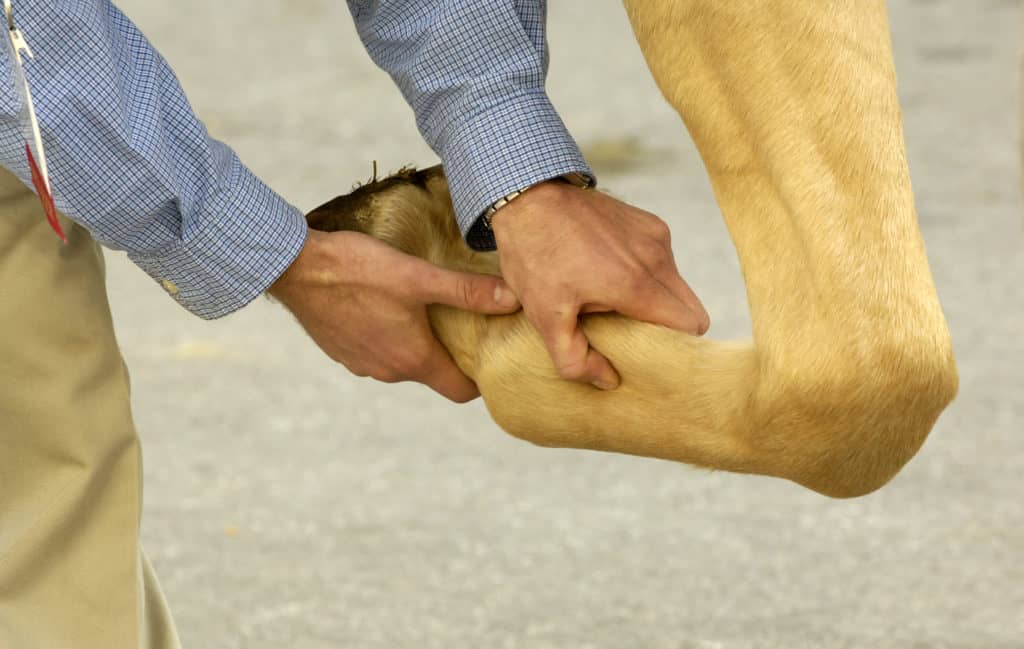
Dr. Duncan Peters of the Hagyard Equine Medical Institute discusses regenerative therapies (such as stem cell therapy and platelet-rich plasma) for healing injuries common to sport horses.

For Alltech president Pearse Lyons, sponsoring the World Equestrian Games makes perfect sense.

Kentucky-based Alltech, lead sponsor of the World Equestrian Games, is an animal nutrition company and more.
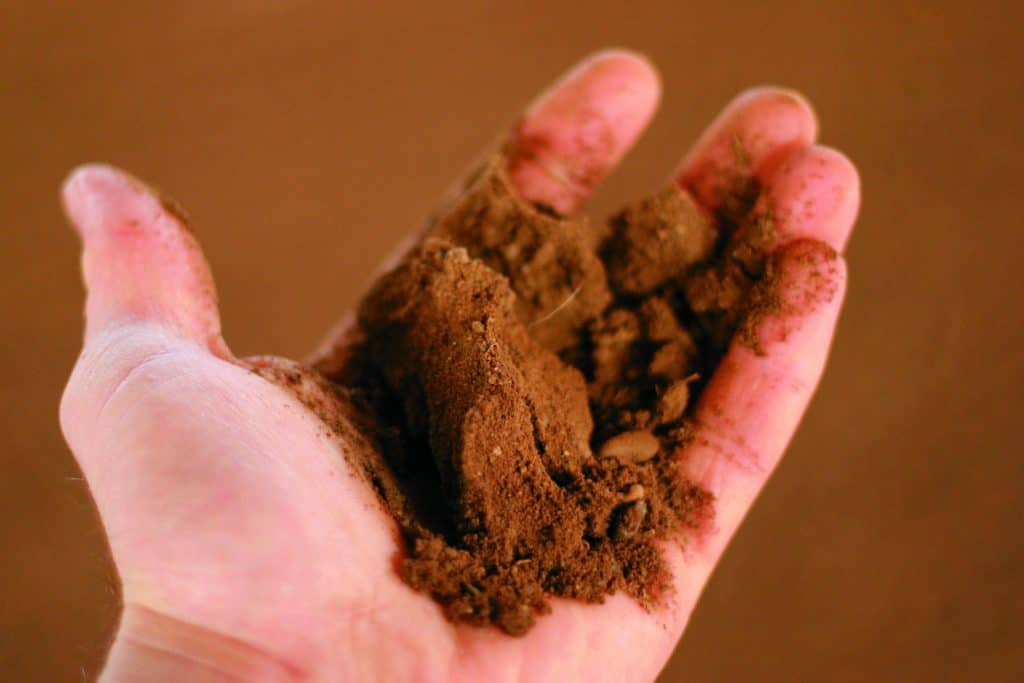
From arena footing to walking paths, the Kentucky Horse Park improvements put the horse first.

Four veterinarians discuss equine protozoal myeloencephalitis (EPM) diagnosis, what conditions it can appear to be, and effective treatment.
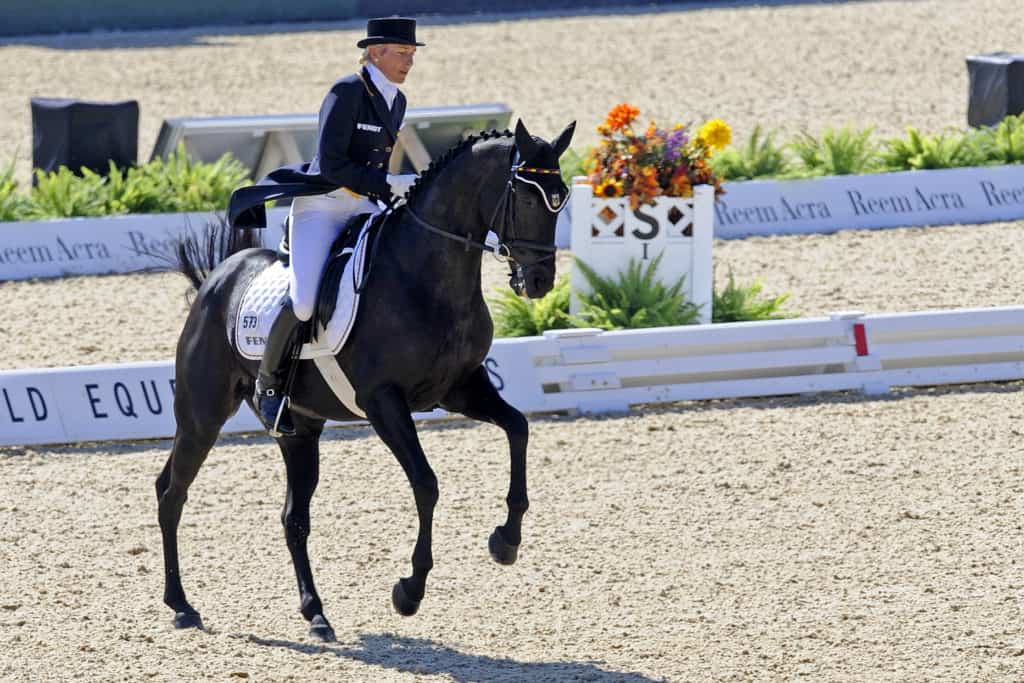
Dr. Chris Newton discusses health risks associated with the different World Equestrian Games disciplines.
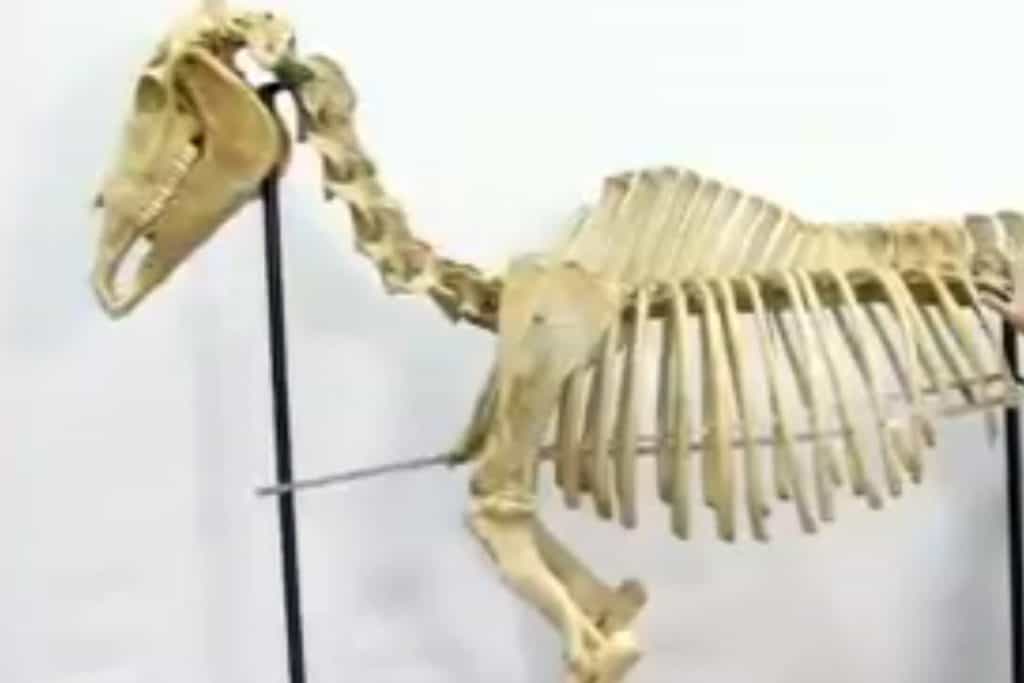
See what your horse’s skeleton looks like and get an overview of how it works with Dr. Roberta Dwyer of the University of Kentucky’s Gluck Equine Research Center.

Lawsonia intracellularis bacteria can cause intestinal disease in horses, pigs, and other species worldwide. The syndrome in horses is often called equine proliferative enteropathy, or EPE.

Quarantine, confinement, and stress can affect World Equestrian Games (WEG) horses.
Stay on top of the most recent Horse Health news with
"*" indicates required fields